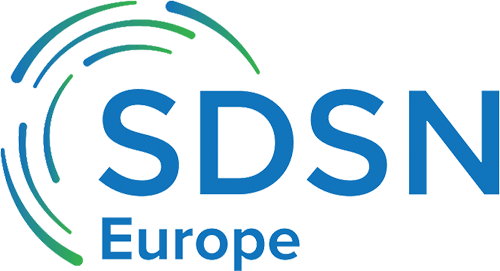
Nyagoy Nyong’o, Interim Global CEO, Fairtrade International held the fifth lesson at the fourth edition of the Siena International School on Sustainable Development. Here are some of the key points to remember:
Fairtrade is about building an ethical, fair, and sustainable supply chain that connects climate-conscious consumers with the products produced by farmers who achieve flourishing livelihoods. There are 2 million farmers, half of whom are women, and workers across 71 countries participating in Fairtrade. Its products are sold in 131 countries, and 70% of customers believe they are contributing to making the world a fairer and more just place.
Meanwhile, our planet’s farmers and agricultural communities are being severely impacted by the climate crisis. It is corroding their way of life, threatening their livelihoods and endangering the very products they grow and that consumers have long taken for granted. Floods, for example, are the most common natural disaster in India, followed by extreme temperatures and water scarcity, as well as other disturbances such as landslides and storms. In addition, the most common extreme climate events in Ghana are severe temperatures and water scarcity.
The three main products consumed on a regular basis are as follows: cocoa, coffee, and bananas. In Kenya, however, coffee bushes yielded on average 40% less berries in 2019 than in 2017 as a direct result of climate-related challenges. In addition, by 2050, up to half of the world’s land currently used to farm coffee may no longer be viable. Moreover, cocoa production in Ghana will be subjected to an average of more than 30 additional days of extremely high temperatures, surpassing the highest maximum daily temperatures recorded between 1980 and 2010. In the coming years, the lack of precipitation, combined with water restrictions during dry periods, will result in increased cocoa yield gaps.
Furthermore, estimated global export value of Bananas is $7 billion dollars per year. The banana trade, in fact, remains the cornerstone of many countries’ economies, also for more than 450 million people around the world, bananas and plantains are vital staple crops. Nevertheless, bananas are also highly vulnerable to climate change and easily exposed to climatic stressors, and thus producers will see large-scale shifts in the following years, with nearly half of existing production areas expected to become unsuitable. The combination of higher temperatures and lower precipitation, especially in colder periods, risks promoting the growth of “black sigatoka” fungus which is the most damaging banana disease known. Finally, extreme events, such as tropical cyclones, will continue to have considerable impacts on banana production as well as on the lives of the farmers themselves.
Fairtrade is on track to achieve decarbonization, however, whether its efforts to achieve a sustainable future are truly inclusive is questioned. Support, education, promotion, advocacy and diversification are our keywords to work with farmers on climate action.
Sustainability is the critical next passage in our collective human journey. Transforming that into equitable sustainability is the point that we will truly make a difference. Even if we can have sustainability, the need for fair sustainability is highlighted to have a real impact.
We know the future is sustainable. We know the future is green. We know the future is fair.




